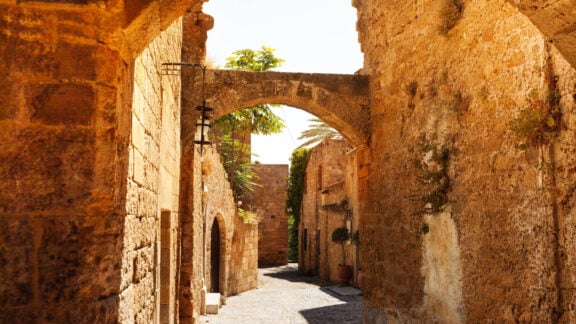Greece is to meet with EU border agency Frontex after last month’s migrant trawler disaster led to fears the agency could pull out of the country, the new migration minister has said.
According to reports, the human rights chief at Frontex indicated the agency could suspend operations in Greece over the treatment of migrants, including illegal pushbacks that Athens categorically denies.
“I consider Frontex leaving our country inconceivable, in the sense that I don’t imagine they would shoot their own feet,” migration minister Dimitris Kairidis told state TV ERT on Monday.
Kairidis said he had seen the minutes of a Frontex board meeting in the wake of the June 13 trawler tragedy, in which a discussion was held “regarding its presence in Greece.”
The tragedy saw 104 people rescued and 82 bodies recovered but as many as hundreds of others on board may have perished, by some estimates.
Kairidis said the discussion was mainly driven by Frontex fundamental rights officer Jonas Grimheden, and that Athens was ready to “address any complaint.”
A professor of international relations, Kairidis said he would hold talks with the Warsaw-based agency in coming days.
“We want good cooperation…I take the criticism very seriously,” he said.
Survivors have accused the Greek coastguard of causing the accident by attempting to tow the vessel, an allegation the coastguard denies.
“Nobody knows exactly what happened,” Kairidis said Monday, but he called the criticism of Greece “unfair” and said international media had a “tendency to focus on the negative, which sells.”
The minister said Greece was in favour of setting up agreements “so that (the boats) can return safely back to the Libyan coast, sending a message to illegal smugglers and to those tempted to risk their lives.”
Kairidis was appointed to the post after the conservative New Democracy party won a second four-year term on June 25.
He said boosting integration programmes and encouraging legal migration are among the ministry’s priorities.
Greece has already signed migrant worker agreements with Bangladesh and Egypt as it had a demand for at least 100,000 jobs in the agriculture, tourism and construction sectors, he said.
Source: AFP








